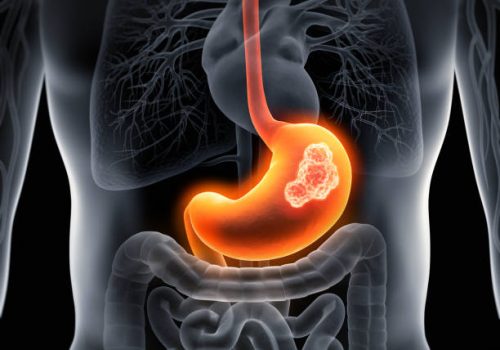
Gastric Cancer Overview: Causes, Symptoms, Treatment, Prevention Tips, and Key Facts.
Stomach cancer poses a significant health challenge in India, with varying incidence rates across different regions. Dr. Manish Sharma, a Senior Medical Oncologist, highlighted in an interview that gastric cancer, or stomach cancer, initiates as cell growth in the stomach. The stomach, located in the upper central region below the ribs, plays a crucial role in digestion. Stomach cancer can affect any part of the stomach, predominantly impacting the major portion globally, referred to as the stomach body.
This type of cancer is more prevalent in older adults and slightly more common in men than in women. Symptoms may be asymptomatic or present with nonspecific indicators like indigestion, heartburn, and stomach discomfort. In advanced stages, symptoms include unintentional weight loss, persistent abdominal pain, nausea, vomiting, difficulty swallowing, blood in the stool, fatigue, and a feeling of fullness or bloating after small meals. Dr. Manish Sharma emphasized that symptoms might only manifest in the later stages, such as extreme fatigue, spontaneous weight loss, vomiting blood, and dark stools.
The causes of stomach cancer include Helicobacter pylori infection, dietary factors, alcohol and tobacco use, and genetic predisposition. Dr. Sharma advised scheduling a doctor’s visit if experiencing concerning symptoms, as these may be associated with various illnesses. Early detection and prompt treatment significantly impact prognosis.
Treatment options, including surgery, chemotherapy, targeted therapy, or radiation, depend on factors such as the cancer stage, spread, and overall health. Prevention strategies involve maintaining a healthy lifestyle, treating H. pylori infection, and regular screening for individuals with a family history or genetic predisposition. Dr. Manish Sharma stressed the importance of seeking medical advice for personalized information, diagnosis, and available treatments, emphasizing that prompt intervention can greatly improve outcomes.
